Periodontal Treatments For Gum Disease
Gum disease is the leading cause of tooth loss in the UK and The Dental Team based in South Kensington work very hard to help prevent it. In the very early stages of the condition, it can be completely reversed with the right guidance and advice. However, in some instances, the disease may have progressed in which case treatment is adjusted accordingly.
The Dental Team offer professional gum treatment for all stages of gum disease with a view to actively reverse the condition, or if it has progressed, to manage the disease to prevent any further damage being done.
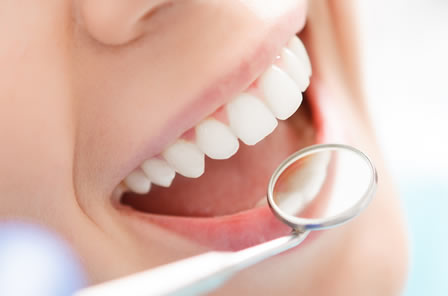
What Is Gum Disease?
Gum disease is very common and is caused by the naturally occurring bacteria in your mouth. These bacteria, if left unchecked, feed on food debris, causing irritation and inflammation of the gums. Very early stage gum disease is called gingivitis and patients usually become aware they have it when their gums bleed during brushing. Gingivitis is mild and The Dental Team can offer advice and treatment to reverse this stage of gum disease.

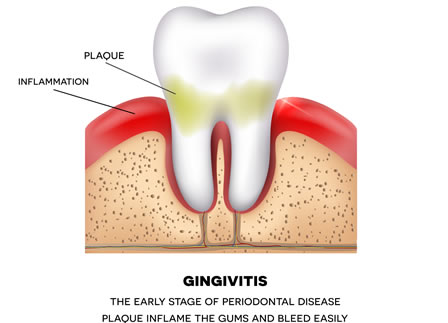
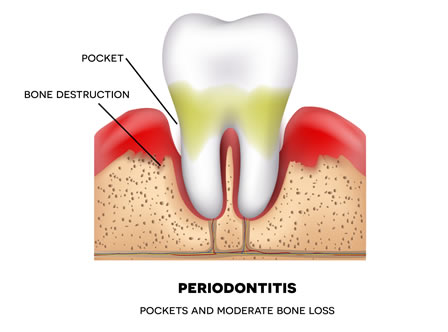
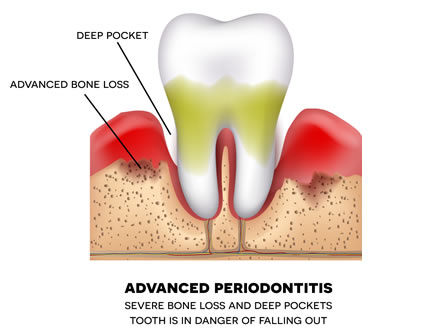
Regular Check-ups
Regular check-ups help patients to avoid gum disease and are complemented by additional hygienist appointments for individually tailored support and advice.
Periodontitis
Gingivitis that remains untreated can develop into a more serious stage of the disease called periodontitis. Periodontitis can cause the gums to detach from the teeth creating pockets which fill with bacteria and can eventually lead to tooth loss and bone loss.
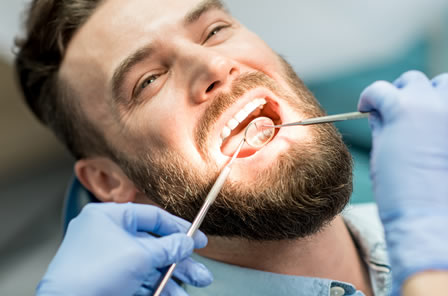
Gum Disease And General Health
There is evidence to suggest that there is a relationship between your overall health and the health of your gums. Heart disease and diabetes in particular, are thought to be linked to gum disease and so gum disease management is an important part of managing overall health too.
The Signs Of Gum Disease
Patients are advised to look out for the signs of gum disease so that an appointment with The Dental Team can be made if any worrying symptoms occur. It may be that your gums bleed when you floss or brush your teeth, your gums may have receded or become more sensitive, or your teeth might feel like they are loose.
